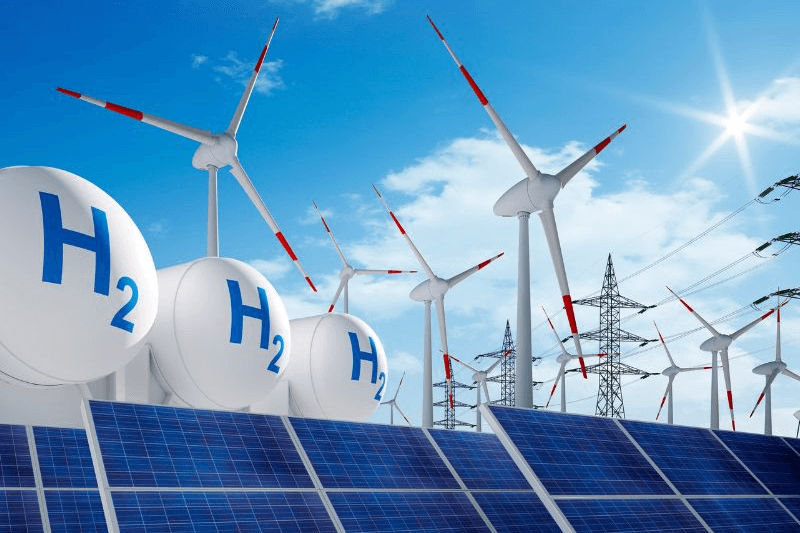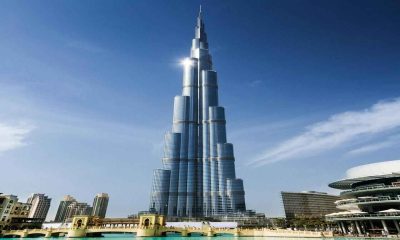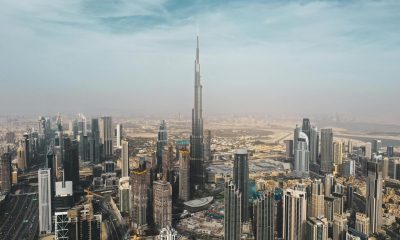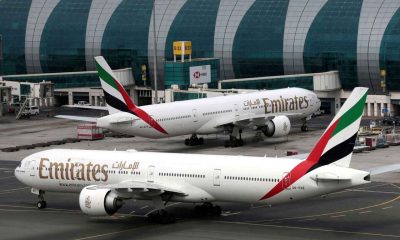The UAE has made significant progress in increasing the contribution of clean energy production to the total energy mix, reaching 27.83% in 2023, according to Suhail al-Mazrouei, Minister of Energy and Infrastructure. The target is to reach 32% by 2030.
Speaking to the media on September 15, the Minister highlighted that from 2019 to 2022, the UAE has succeeded in doubling its clean energy capacity as part of the UAE Energy Strategy to triple the installed capacity by 2030.
The UAE is committed to achieving the energy transition targets as part of the UAE Consensus at COP28. The Gulf state hosted the annual climate conference last November in Dubai, luring thousands of attendees and facilitating progress in different sustainability fields.
Suhail al-Mazrouei notes progress of UAE Energy Strategy 2050
Speaking to the media, Suhail al-Mazrouei remarked on the UAE’s commitment to fostering investment in clean energy. Last year, the country achieved a notable progress of 70% in installed clean energy capacity, he added.
The Minister elaborated on the progress of the UAE Energy Strategy 2050, highlighting numerous ongoing projects and others in the planning. For example, the recently commissioned fourth reactor at the Barakah plant is set to make significant contributions.
He also noted that the Cabinet has approved a policy to regulate the energy services market, enhancing collaboration among energy services firms, gov’t entities and the private sector. This policy helps improve energy efficiency and minimise carbon footprints.
UAE Net Zero by 2050 Strategic Initiative isn’t just a plan
The UAE continues its effective role in climate control issues. Its Net Zero by 2050 Strategic Initiative is a national drive to achieve net zero carbon emissions by the middle of the century, making the country the first in the Mena region to do so.
The Strategic Initiative is nothing but an invitation to the global community to collaborate in developing practical solutions, boosting multilateralism and creating opportunities for sustainable socio-economic development.
The UAE’s plan for climate neutrality by 2050 also supports the 2015 Paris agreement that stresses the need for all countries to prepare long-term strategies to reduce carbon emissions and limit global heating to 1.5 degrees Celsius above pre-industrial levels.






















